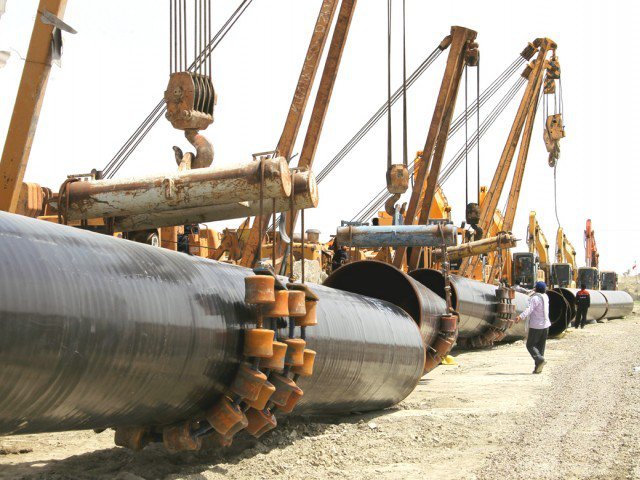
At least two years will be required to complete the 700-kilometre Gwadar-Nawabshah gas pipeline, which will eventually link the Pakistani portion of the pipeline to the Iranian supply network, said Miftah Ismail, Board of Investment chairman, on Friday.
Pakistan to trade with Iran in euros
He said there is another portion of 70km between Gwadar to Gabd border point with Iran, which would be developed after constructing the Gwadwar-Nawabshah pipeline.
Ismail was speaking to media after a meeting of the Pak-Iran Business Conference held on the sidelines of Iranian president’s visit to Islamabad.
Ismail said that the gas price formula was a bit complicated and needs revision.
“Currently, the IP gas is slightly expensive than the price of Liquefied Natural Gas (LNG) that Pakistan is importing from Qatar,” said Ismail, adding that the IP gas pipeline agreement allows both sides to renegotiate the price a year before its operationalisation and Pakistan will avail this opportunity.
Ismail’s statement suggests that both countries would not be able to complete the project by 2017, as was indicated by Minister for Petroleum and Natural Resources Shahid Khaqan Abbasi.
In January 2013, Pakistan had approved the IP deal with Iran for laying its segment of the pipeline. In March 2013, the then President Asif Ali Zardari and former Iranian president Mahmoud Ahmadinejad inaugurated the work.
The pipeline was originally scheduled to be completed by December 2014 but the US sanctions against Iran have delayed the construction work.
IP pipeline still faces some sanctions, says Abbasi
Ismail said that Pakistan was currently negotiating with a Chinese company to undertake Gwadar-Nawabshah pipeline work but there were certain issues on financing.
“The solution to Pakistan’s energy woes lies in importing more natural gas to adequately meet its energy needs and the country would need 750 million cubic feet gas that it will import from Iran,” said the minister.
He said the government was also in the process of constructing another network - the North-South gas pipeline - which will link Lahore with Nawabshah. He said Russia is likely to finance this project.
Pakistan also hopes to revive its economic relations with Iran, which were adversely affected by the United Nations and US sanctions against Tehran. Due to UN sanctions, the volume of bilateral trade and investment touched the lowest levels in decades.
In 2015, the bilateral trade stood at just $19.8 million while Iran’s investment
in Pakistan amounted to $1.3 million in that year, said Azhar Chaudhry, the BoI secretary.
Despite having immense reserves of salt, copper, gold, coal and iron ore, Pakistan remains a least preferred destination for foreign investors. In addition to security, bureaucratic snags and investor-unfriendly taxation regime remain the biggest hurdles.
No all-clear from US for IP gas pipeline project
The Iranian investors showed interest in the areas of paper industry, power, cement and steel sectors. However, they complained against high duties and taxes that the BoI chairman promised to look into.
The Iranian investors also said that Pakistan China Free Trade Agreement was also creating competition concerns for them.
Ismail said that Pakistan has a liberal and friendly Investment policy and there were also exemption of taxes on import of plant, machinery and equipment for investing in Special Economic Zones.
Published in The Express Tribune, March 26th, 2016.
Like Business on Facebook, follow @TribuneBiz on Twitter to stay informed and join in the conversation.


1731574647-0/BeFunky-collage-(58)1731574647-0-165x106.webp)
1731573461-0/BeFunky-collage-(57)1731573461-0-165x106.webp)
1722585575-0/BeFunky-collage-(22)1722585575-0-165x106.webp)
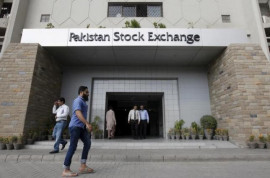


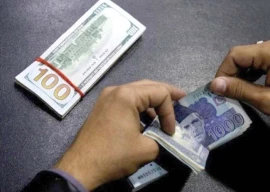
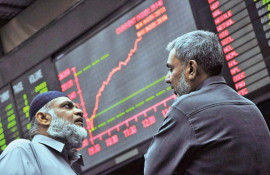
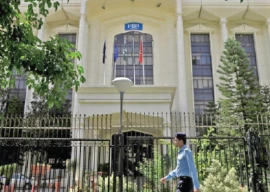






COMMENTS (1)
Comments are moderated and generally will be posted if they are on-topic and not abusive.
For more information, please see our Comments FAQ